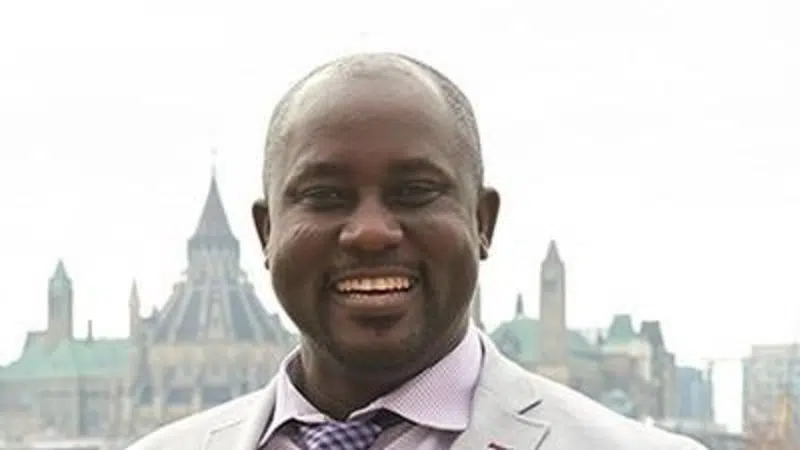
Ottawa professor who died in Ethiopia plane crash remembered for public outreach
Ottawa professor Pius Adesanmi, one of the 18 Canadians killed in Sunday’s Ethiopian Airlines crash, is being remembered as a public intellectual whose outreach to Africans across the globe shaped the way Canada is seen abroad.
The Nigerian-born scholar was on his way to a meeting in Nairobi, Kenya, when the jet went down shortly after takeoff from Addis Ababa airport, killing all 157 aboard.
The death of the director of Carleton University’s Institute of African Studies sent shockwaves through the academic community and on social media, where Adesanmi was mourned by a “cult following” of more than 40,000 Twitter users, said Nduka Otiono, a fellow Carleton professor and Adesanmi’s friend of 25 years.


